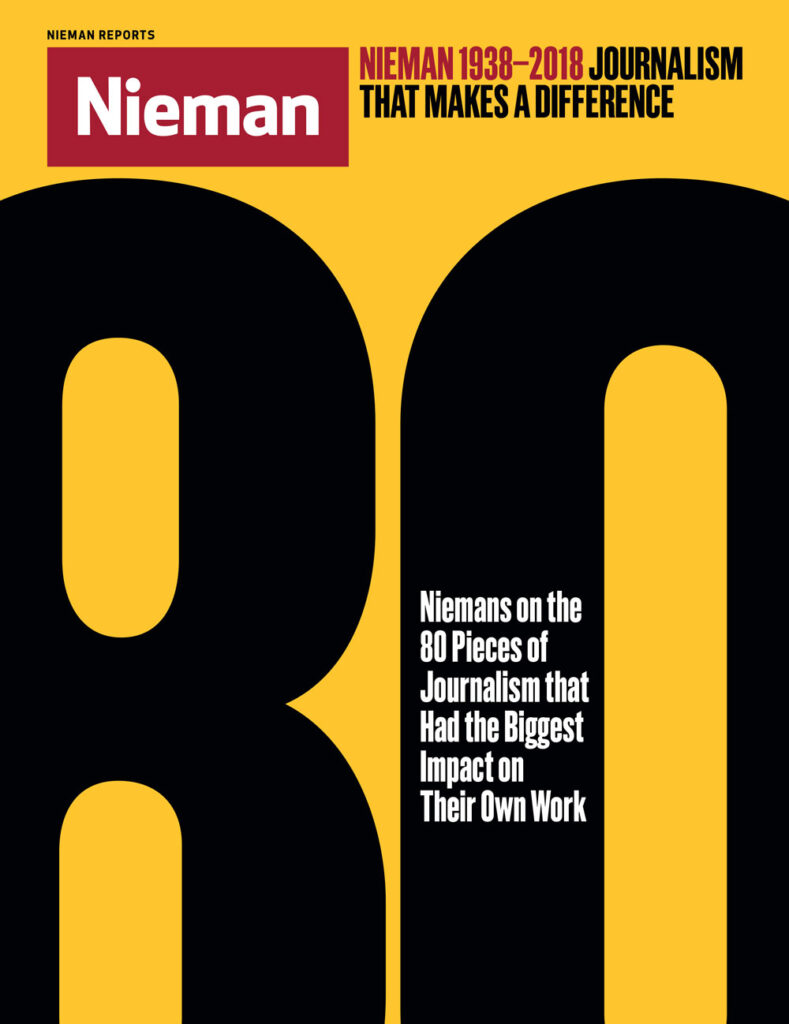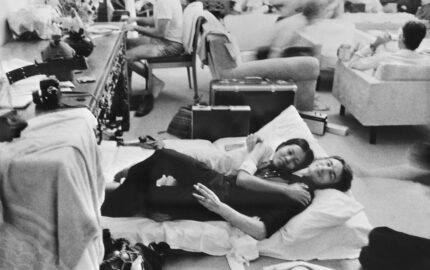It wasn’t the best time of my life, and then again it was, in the way that you realize only later, after it is over. I was sitting in a smelly hotel room somewhere in Vietnam, it was the early ’90s and I had met these lovely Israelis whom I joined on the path up north. I was lonely, I wasn’t happy. And I read Michael Herr’s “Dispatches.” What struck me most, apart from the history that reached across the decades and the intimacy of his voice, was the sense of doubt and even dread that Herr was able to express while driving his story forward with a prose that was both vivid and reflective. I wasn’t a journalist then, and I am not sure I knew I would be one. And later, when I became one, I wasn’t a war reporter like Herr, even if for a while I entertained the thought that I could be, that I should be, that this was the only valuable journalism. It was pure narcissism, of course.
Never could I have done it. I became a theater critic instead. Quite the opposite in a lot of ways, in most ways actually. But what I took from that book and what remained with me was the sense that you could build whole worlds from paper and words, it was paper then, it is still words, and those worlds can be both exterior and interior at the same time, they can live in both spheres, for the others to see and for you to suffer, or, less dramatic, to feel. It is this sensibility that Herr gave me as a gift. It was hard earned for him.
Dispatches
By Michael Herr
Alfred A. Knopf, 1977
Excerpt
Going out at night the medics gave you pills, Dexedrine breath like dead snakes kept too long in a jar. I never saw the need for them myself, a little contact or anything that even sounded like contact would give me more speed than I could bear. Whenever I heard something outside of our clenched little circle I’d practically flip, hoping to God that I wasn’t the only one who’d noticed it. A couple of rounds fired off in the dark a kilometer away and the Elephant would be there kneeling on my chest, sending me down into my boots for a breath. Once I thought I saw a light moving in the jungle and I caught myself just under a whisper saying, “I’m not ready for this, I’m not ready for this.” That’s when I decided to drop it and do something else with my nights. And I wasn’t going out like the night ambushers did, or the Lurps, long-range recon patrollers who did it night after night for weeks and months, creeping up on VC base camps or around moving columns of North Vietnamese. I was living too close to my bones as it was, all I had to do was accept it. Anyway, I’d save the pills for later, for Saigon and the awful depressions I always had there.
Excerpt from “Breathing In” from DISPATCHES by Michael Herr, copyright © 1977 by Michael Herr, used by permission of Alfred A. Knopf, an imprint of the Knopf Doubleday Publishing Group, a division of Penguin Random House LLC. All rights reserved. Copyright (UK and Commonwealth except Canada) © Michael Herr 1968, 1969, 1970, 1977. Reproduced with permission of the Licensor through PLSclear. Any third party use of this material, outside of this publication, is prohibited. Interested parties must apply directly to Penguin Random House for permission.



